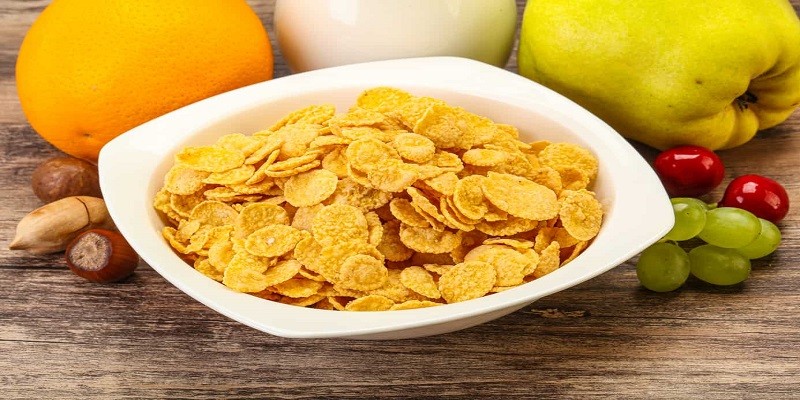Last Updated on June 1, 2024
Yes, you can eat Special K cereal while pregnant. It is generally considered safe and can be a healthy part of your diet, provided you choose varieties with minimal added sugars and ensure a balanced intake of other nutrients.
During pregnancy, maintaining a balanced diet is crucial for the health of both the mother and the developing baby. Special K cereal, a popular breakfast option, often raises questions about its safety and nutritional value for expectant mothers. This article explores whether Special K cereal is a suitable choice during pregnancy, its nutritional benefits, potential risks, and safe consumption practices.
What is Special K Cereal?
Special K is a brand of breakfast cereal and meal bars originally manufactured by Kellogg’s. Introduced in 1955, it is made primarily from lightly toasted rice, wheat, and barley. Special K is marketed as a healthier alternative to traditional cereals, often fortified with vitamins and minerals, making it a popular choice for those looking to maintain a balanced diet.
Nutritional Value of Special K Cereal
| Nutritional Value | Details |
|---|---|
| Calories | 120 per 31g serving |
| Total Fat | 0.5g |
| Carbohydrates | 23g |
| Sugars | 4g |
| Protein | 6g |
| Fiber | <1g |
| Vitamins and Minerals | Includes iron, vitamin C, niacinamide, vitamin E, folic acid, vitamin B6, vitamin B1, vitamin B2, vitamin D3, vitamin B12 |
Risks of Eating Special K Cereal During Pregnancy
| Risks | Details |
|---|---|
| High Sugar Content | Some varieties contain added sugars, which can contribute to excessive calorie intake and gestational diabetes risk. |
| GMO Ingredients | Some consumers prefer to avoid genetically modified organisms (GMOs), which may be present in Special K. |
| Low Fiber | Special K has relatively low fiber content, which may not be sufficient to prevent pregnancy-related constipation. |
Safe Ways to Eat Special K Cereal During Pregnancy
To safely include Special K cereal in your pregnancy diet, opt for varieties with minimal added sugars and pair the cereal with nutrient-rich foods like fresh fruits and low-fat milk. This combination can enhance the nutritional value of your meal, providing essential vitamins, minerals, and fiber necessary for a healthy pregnancy.
Alternatives to Special K Cereal During Pregnancy
| Alternatives | Precautions |
|---|---|
| Oatmeal | Ensure it is low in added sugars and high in fiber. |
| Whole Grain Cereals | Check for high fiber content and minimal artificial additives. |
| Greek Yogurt with Fruit | Choose low-fat options and avoid added sugars. |
Experts Tips
- Choose High-Fiber Options: Opt for cereals with higher fiber content to help with digestion and prevent constipation.
- Monitor Sugar Intake: Be mindful of the sugar content in your cereal to avoid excessive calorie intake.
- Balance Your Diet: Complement your cereal with fresh fruits, nuts, and low-fat dairy to ensure a balanced intake of nutrients.
FAQs
Can I eat Special K cereal every day during pregnancy?
Yes, but it is important to vary your diet to ensure you get a wide range of nutrients. Pair it with fruits and low-fat milk for a balanced meal.
Is Special K cereal good for gestational diabetes?
Special K Protein varieties may be better as they are lower in carbs and sugars, but always consult your doctor for personalized advice.
Does Special K cereal provide enough folic acid for pregnancy?
Special K is fortified with folic acid, which is beneficial during pregnancy, but it should be part of a diet that includes other folic acid-rich foods.
Can Special K cereal help with pregnancy constipation?
Special K has low fiber content, so it may not be very effective for constipation. Consider higher-fiber cereals or adding fruits to your diet.
Are there any Special K varieties to avoid during pregnancy?
Avoid varieties with high sugar content and artificial additives. Always check the nutritional label for the best options.
Conclusion
Special K cereal can be a healthy addition to your pregnancy diet when chosen wisely. Opt for varieties with minimal added sugars and pair them with nutrient-rich foods to ensure a balanced intake. Always consult with your healthcare provider to tailor your diet to your specific nutritional needs during pregnancy.







